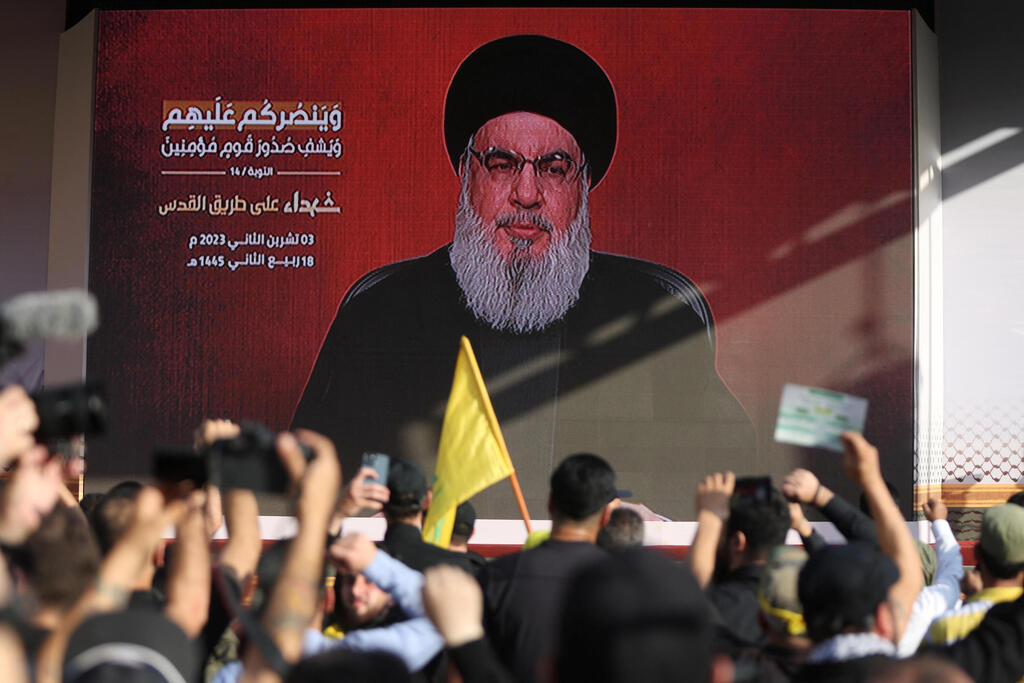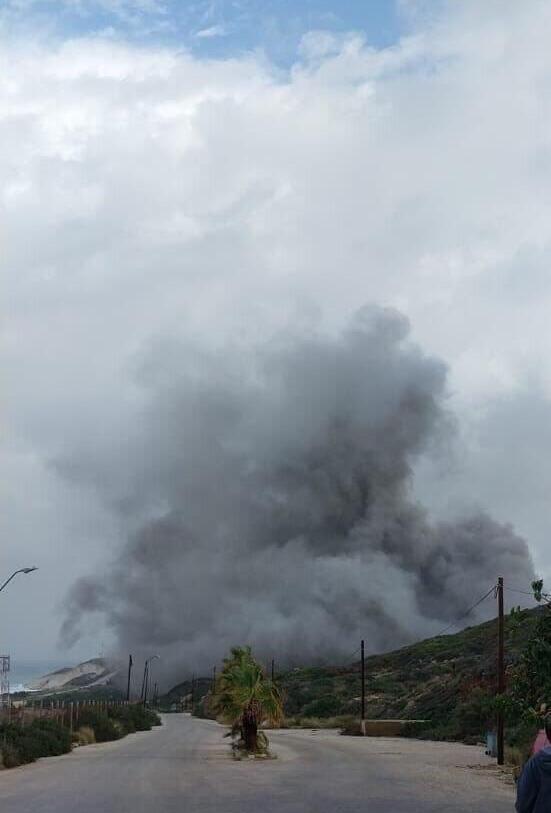Getting your Trinity Audio player ready...
The Biden administration has been engaging in discussions with Israel, Lebanon and intermediaries representing Hezbollah to alleviate the ongoing tensions along the Israeli-Lebanese border and to ensure long-term peace by relocating Hezbollah forces away from the boundary, the New York Times reported Friday, citing Lebanese and Israeli officials, along with other parties involved in the negotiations.
More stories:
According to the officials, the immediate goal of the talks is to prevent the northern conflict from escalating into full-scale war. Beyond that, Washington is attempting to broker a long-term agreement to provide sufficient security for residents of northern Israel and southern Lebanon to return home. Both Israel and elements within the Lebanese government are keen on moving Hezbollah forces northward, beyond the Litani River.
Leading the diplomatic effort is Amos Hochstein, a senior White House adviser who also mediated the maritime border agreement between Israel and Lebanon last year.
Hochstein and other senior U.S. officials have conveyed messages to Israel, Lebanon and Hezbollah, warning that the chances for escalation are very high and urging them to act to de-escalate the situation to avoid a war that could entangle the U.S., Iran and other regional actors.
Since the U.S. designates Hezbollah as a terrorist organization, it does not engage in direct contact with the group’s representatives and instead uses the Lebanese foreign minister, prime minister and parliament speaker as intermediaries, according to a senior Lebanese official.
In addition to efforts to prevent escalation, the Biden administration is facilitating talks between the parties regarding a long-term agreement to enhance stability at the border and enable residents from both sides to return home after the conflict in Gaza ends.
The Biden administration supports the principle that the Lebanese Army should be the sole military force on the Lebanese side of the border, while Hezbollah should be required to move northward.
Participants in the negotiations indicate that Israeli officials have conveyed inconsistent stipulations regarding how far north Hezbollah must move away from the border to ensure the safety of Israeli civilians in the north.
One Israeli suggestion required Hezbollah to retreat a minimum of five kilometers (approximately three miles) from the Israeli-Lebanese border, aiming to diminish the likelihood of attacks similar to Hamas' surprise invasion and attacks on Israeli civilians on October 7. An alternative proposal demanded an eight-kilometer withdrawal.
Washington hopes that Hezbollah's sensitivity to Lebanese public opinion will have an influence and persuade them to accept and honor such an agreement, relying on surveys showing that 80% of the Lebanese public is not interested in a war with Israel, and on the recent precedent where Hezbollah accepted the maritime border agreement between Israel and Lebanon.
3 View gallery


Hezbollah leader Hassan Nasrallah delivers speech to supporters in Beirut
(Photo: REUTERS /Mohamed Azakir)
U.S. officials have made it clear to their counterparts in Lebanon and Israel that peace cannot be restored to the northern border before the conflict in Gaza ends. The officials said that Hezbollah and other militias in Lebanon are not expected to cease firing at Israel as long as the war in Gaza continues.
Prime Minister Benjamin Netanyahu's office declined to comment. Hezbollah officials did not respond to the TImes request for comment.




